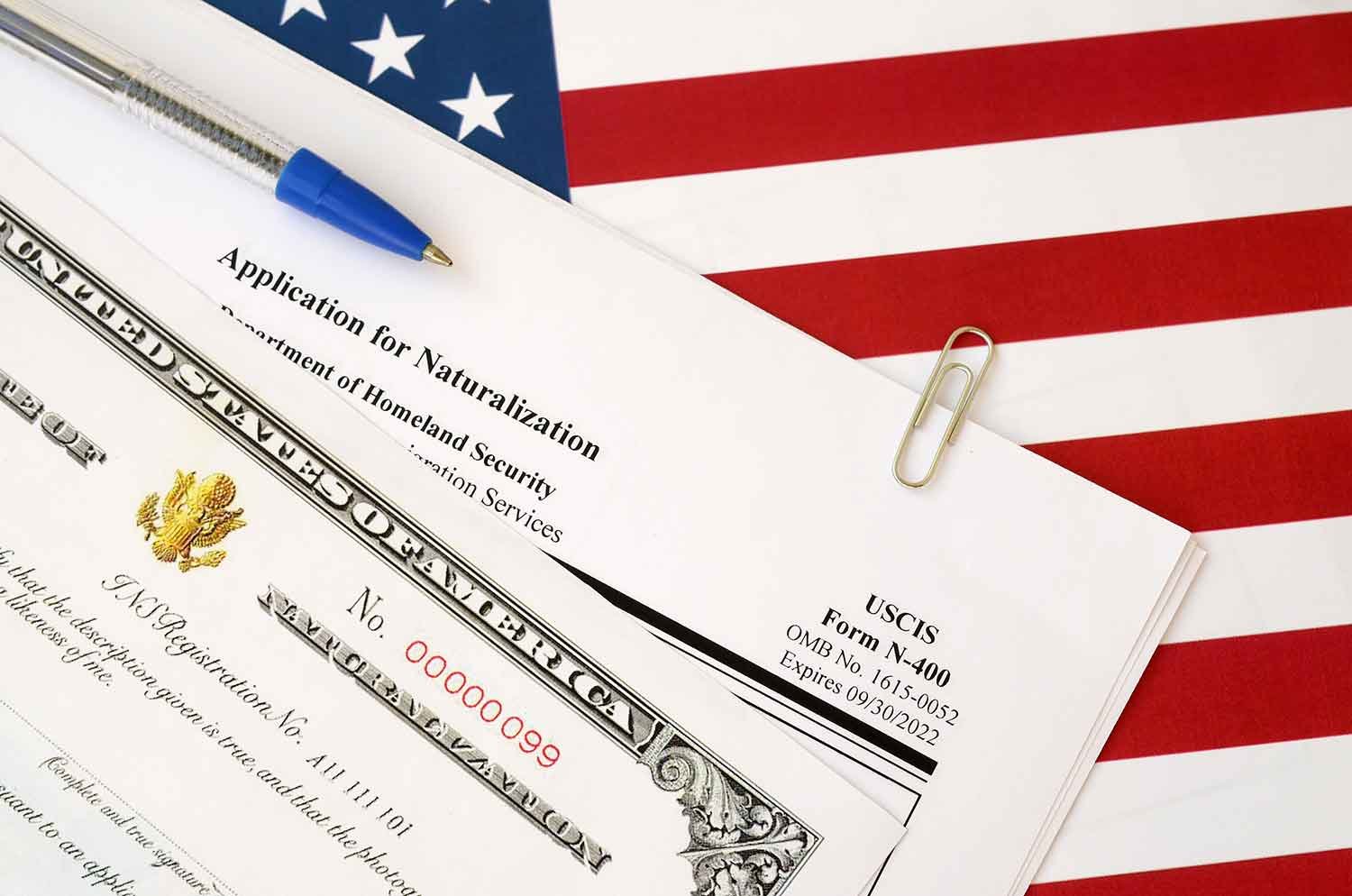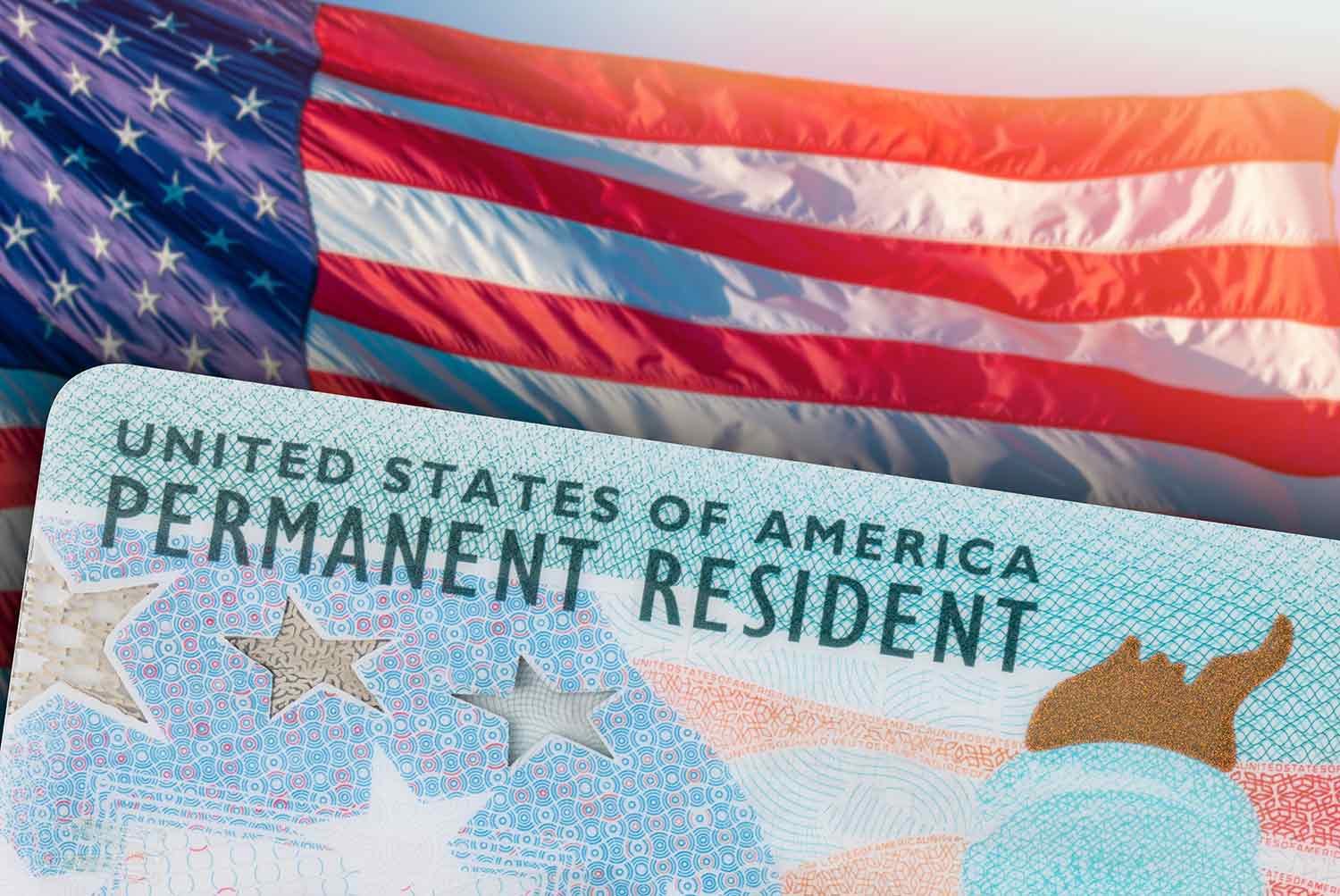Are you seeking the coveted title of a U.S. citizen, or wish to understand the nuances of the naturalization process? The path to citizenship may seem complex, but with the right guidance, it opens a world of possibilities. This blog post will explain the naturalization process and recent changes that might affect your application.
Becoming a U.S. citizen is more than just paperwork; it’s about becoming part of the American story. With the right preparation and advice from an experienced Immigration Lawyer, you can navigate the process with confidence and clarity.
Understanding the Naturalization Process
Naturalization is the legal process through which a non-U.S. citizen who has legal permanent resident status in the U.S. voluntarily becomes an American citizen. The U.S. Citizenship and Immigration Services (USCIS) oversees this process, and there are several requirements that applicants must meet to be eligible:
- Be at least 18 years of age at the time of filing
- Lawful Permanent Resident status in the United States for at least five years, or three years if married to a U.S. citizen
- Continuous and physical presence in the United States
- Ability to read, write, and speak basic English
- Knowledge of U.S. history and government (also known as civics)
- Good moral character and attachment to the principles of the U.S. Constitution
If you satisfy these criteria, you can proceed to complete Form N-400, Application for Naturalization, and submit it along with the necessary documentation and fees to USCIS.
The Naturalization Interview and Citizenship Test
After USCIS accepts your application, the next significant step is the naturalization interview. This vital part of the process includes a civics test and an English exam, both designed to assess your knowledge and readiness to become a citizen. Certain people are eligible to have their civics test and/or their English language exam waived.
What is a Civics Test?
The civics test is a key part of the naturalization interview, assessing the applicant’s knowledge of U.S. history, principles, and government structure. It includes 100 questions on historical facts, significant events, and how the government functions. During the interview, a USCIS officer will ask up to 10 of these questions. To pass, the applicant must answer at least six correctly. The civics test ensures new citizens understand the nation’s core values and civic duties.
Recent changes to the citizenship test have triggered anxiety among many applicants. The USCIS regularly updates the test to ensure it accurately measures applicants’ understanding of American civics. In early 2021, USCIS reverted to the 2008 version of the civics test after briefly implementing a 2020 version.
An experienced immigration lawyer can help you to prepare for your civics test. They provide personalized guidance helping you understand the test format and questions you’ll encounter.
Preparing for Your USCIS Naturalization Interview
Preparation is vital when it comes to the naturalization interview. Here are some tips to prepare effectively:
- Study the USCIS material: USCIS provides resources to help you prepare for the civics and English tests. Use their study guides and take advantage of free online classes.
- Practice English daily: Read, write, and converse in English as much as possible.
- Understand the questions: Familiarize yourself with the types of questions that could be asked and ensure you understand them fully.
- Simulate the interview: Practice mock interviews with friends or family. Even better, get help from an experienced immigration lawyer who can provide more realistic simulations.
Timeline of the Naturalization Process
The timeline for the naturalization process can vary based on individual circumstances, but here is a general overview of the steps and estimated timeframes:
- Eligibility Check and Form N-400 Submission:
- Timeframe: Initial preparation period
- Ensure you meet all the eligibility requirements and gather the necessary documentation. Submit Form N-400 to USCIS with the appropriate fees.
- Biometrics Appointment:
- Timeframe: Approximately 1-2 months after submission
- You will receive a notice for your biometrics appointment, where your fingerprints, photo, and signature will be collected for background checks.
- Application Processing and Background Check:
- Timeframe: Several months (varies greatly by location)
- USCIS will review your application and conduct background checks. This period can take several months depending on the USCIS caseload and your specific circumstances.
- Naturalization Interview and Citizenship Test:
- Timeframe: Approximately 6-15 months after submission, depending on your location
- Attend the scheduled naturalization interview, where you will undergo the English and civics tests. This is a critical step towards citizenship.
- Receive Decision from USCIS:
- Timeframe: Within a few weeks after the interview
- You will receive a notice of the decision on your Form N-400. If approved, you will be scheduled for the Oath of Allegiance ceremony.
- Oath of Allegiance Ceremony:
- Timeframe: 1-2 months after interview approval
- Attend the ceremony to take the Oath of Allegiance. Upon taking the oath, you officially become a U.S. citizen.
The entire naturalization process can take between 8 months to well over a year. Staying informed and prepared at each step will help ensure a smoother journey to U.S. citizenship. Consulting with an experienced immigration lawyer can also provide valuable guidance tailored to your situation.
Seeking Professional Assistance
The most secure way to approach the naturalization process is by working with a reputable Immigration Lawyer with experience in the Naturalization Process. The expertise of a lawyer like Kristen Hart, recognized for her unwavering commitment to her clients, can prove invaluable as she guides you through every complex turn and informs you of any updates affecting your quest for citizenship.
In Conclusion
Today is the perfect time to pursue your American dream. With the latest information on the naturalization process and updated testing protocols, you are ready to move forward towards U.S. citizenship. Starting your journey with an experienced immigration lawyer at Cabrera & Hart Law APC, means entrusting your future to a team of dedicated professionals ready to champion your cause.
Remember, achieving U.S. citizenship is not just an end – it’s a new beginning. Click for more information on the naturalization process or to schedule a consultation, with Cabrera & Hart Law and start securing your future in the United States.
—




